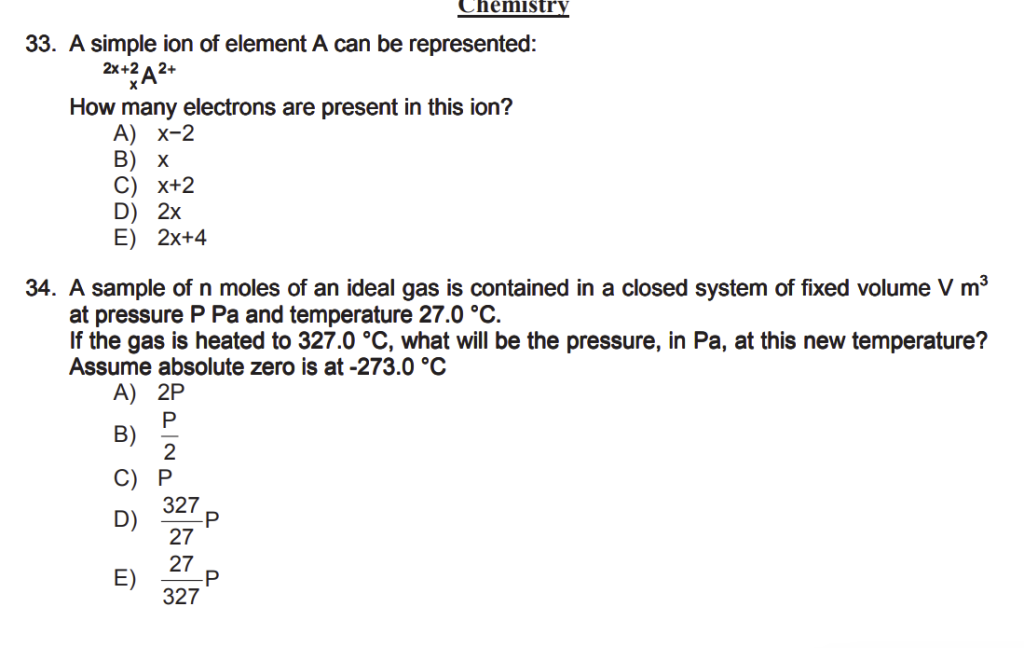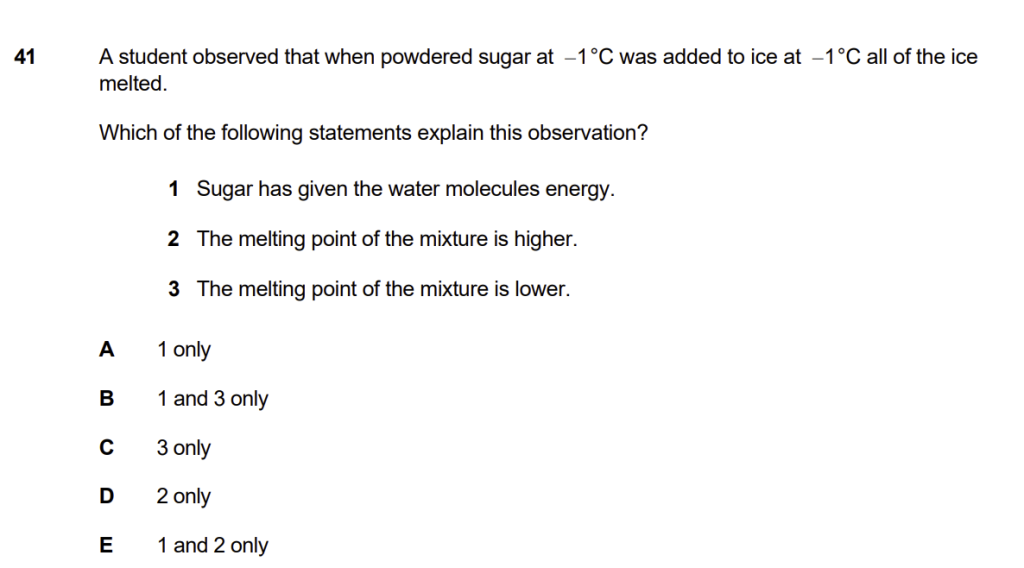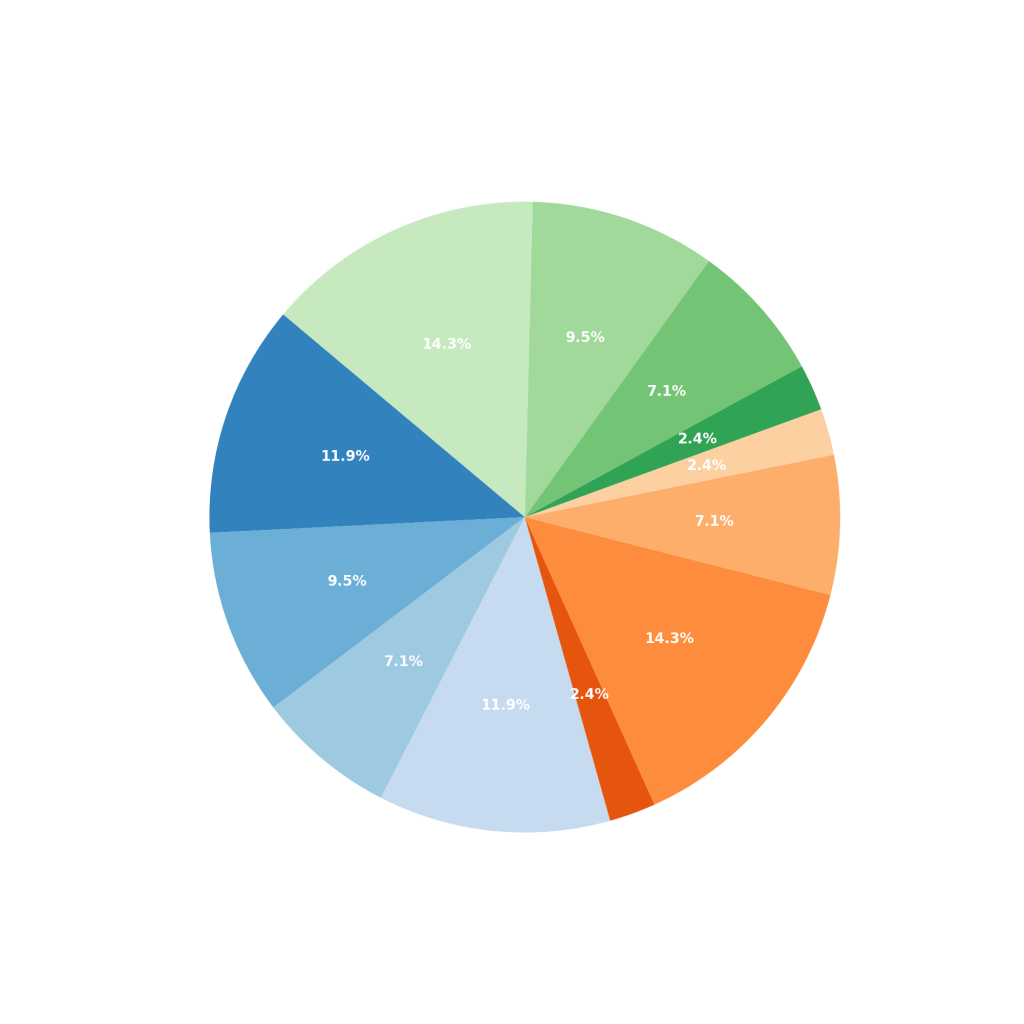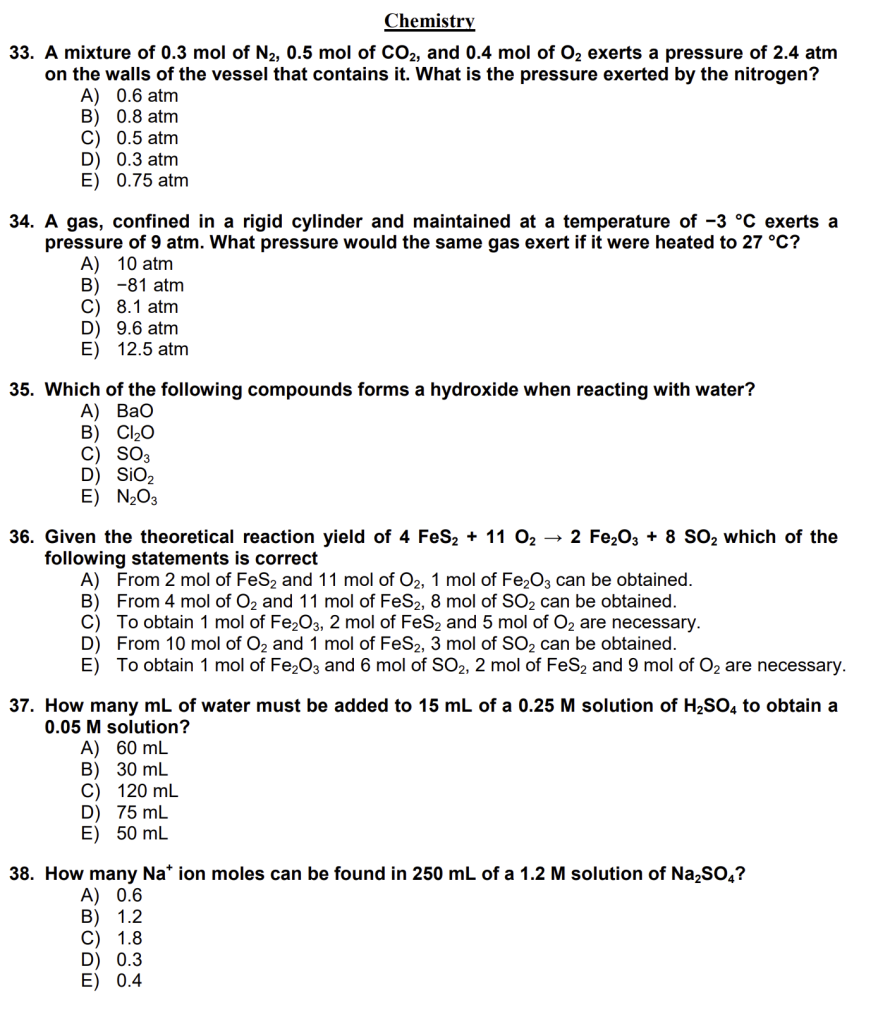
Ari Horesh University of Pavia, Italy
31st of December, 2024Hey everyone! Ari is here! In today’s article, we will review the chemistry section of the last IMAT exams to see the drastic changes that section had over the years, allowing you to know what to expect in the upcoming IMAT 2026.
Before we begin, my name is Ari. I have been a medical student since 2019 at the University of Pavia, and I’ve been teaching thousands of students and preparing them for the IMAT exams for the past years! I saw all types of students, and now I am working on rewriting my entire website so you can have the most updated tips regarding the IMAT.
Content Quick Navigation
Because Cambridge is no longer writing this exam, the IMAT exam is completely different. This means that courses and websites still rely on old material and give you false information. Please always check the date of the article you are reading to ensure it is the most up-to-date information you can have, especially regarding the IMAT exam, which has had so many changes only in the past couple of years.
IMAT 2026 Most Comprehensive Course!
Hey! Ari is here. If you enjoy reading my articles, using my free study materials and communities for the IMAT, consider joining my IMAT 2026 Course! I took 3 years off my studies to work full time on this project – the most comprehensive, popular, and affordable IMAT course available today. Updated based on IMAT 2025’s questions.Comparing and Analysing Past IMAT Chemistry Sections

Spolier Alert! I am going to use and show some questions from past papers, if you don’t want to look at them, stay away!
Let’s start by understanding how the chemistry section of the IMAT evolved over the years! Like other articles I wrote about the different sections, the chemistry section now has more straightforward questions that are much easier to solve. You won’t find tricky questions or thinking outside of the box; the biology and chemistry section of the IMAT (based on IMAT 2024 and 2023) is very binary – so it’s either you know how to solve them because you studied the material or not.

The question above is the best example of the new type of question (the question above is from the IMAT 2024 chemistry section). It’s a simple calculation question of ideal gasses, and there were plenty of similar questions on the exam. Mainly basic calculations without a calculator where you were expected to know a certain formula to solve the question.
Let’s take another question, this time from IMAT 2023:

As you can see, similar to the question from IMAT 2024, the chemistry section of IMAT 2023 was also very similar, so we should expect this trend to continue and have similar questions in IMAT 2026.
Now that we have a general idea of the question style let me show you a few questions from when Cambrdige wrote the paper so you can understand what I mean by “significantly different style of questions.”
Here is a question from IMAT 2019, the one I took

As you can see from the example above, the question didn’t have much calculation, as it was mainly about understanding concepts. This question was hard for most people as they expected questions mainly about calculations, so people who didn’t fully understand the concepts couldn’t solve it.
So, to summarize the main differences you should expect between the old and the new IMAT Chemistry sections, as well as some tips:
- The questions are shorter and mainly based on calculations
- There’s a shift from the basic topics to more questions about redox, acid bases, equilibrium, and gas laws, so know them well.
- Focus on organic chemistry a bit more; organic reactions might appear as part of the more advanced chemistry topics they started asking about.
- Get used to quick calculations without a calculator, and memorize the formulas of all topics to use them quickly on the exam.
IMAT 2026 Chemistry Topic List
Below is the topic list we should expect for chemistry on the IMAT 2026 exam. We will review some of them and give examples from the past papers. Please note that this list is based on IMAT 2024 and is pretty standard, so they will unlikely change anything. However, what changes is what they focus on when asking questions. As you can see, the syllabus of the IMAT is very broad and generic, and it mentions every single topic, but in reality, the focus is on a few topics. A common idea is called the “80-20 rule”. This rule applies here, as 80% of the questions (in biology) are from only 20% of the syllabus. ⚠️As Cambridge no longer writes the exam, we should expect more questions from the more advanced topics such as acid bases, redox, organic chem, stoichiometry, gas laws, and equilibrium. Please review those topics and solve as many practice questions as you can.⚠️
IMAT 2026 Most Comprehensive Course!
Hey! Ari is here. If you enjoy reading my articles, using my free study materials and communities for the IMAT, consider joining my IMAT 2026 Course! I took 3 years off my studies to work full time on this project – the most comprehensive, popular, and affordable IMAT course available today. Updated based on IMAT 2025’s questions.Chemistry Topics for the IMAT Exam (Simplified)
- Constitution of Matter:
- States of aggregation of matter.
- Heterogeneous and homogeneous systems.
- Compounds and elements.
- Ideal Gas Laws.
- Atomic Structure:
- Elementary particles.
- Atomic number and mass number.
- Isotopes.
- Electronic structure of atoms for various elements.
- Periodic Table of Elements:
- Groups and periods.
- Transition elements.
- Periodic properties of elements: atomic radius, ionization potential, electron affinity, metallic character.
- Relationships between electronic structure, position in the periodic table, and element properties.
- Chemical Bonding:
- Ionic, covalent, and metallic bonds.
- Bond energy.
- Bond polarity.
- Electronegativity.
- Intermolecular bonds.
- Inorganic Chemistry Basics:
- Nomenclature and main properties of inorganic compounds: oxides, hydroxides, acids, and salts.
- Chemical Reactions and Stoichiometry:
- Atomic and molecular mass.
- Avogadro’s number.
- Concept of moles and its application.
- Basic stoichiometric calculations.
- Balancing simple chemical reactions.
- Different types of chemical reactions.
- Solutions:
- Solvent properties of water.
- Solubility.
- Main methods for expressing solution concentration.
- Equilibrium in Aqueous Solutions.
- Chemical Kinetics and Catalysis.
- Oxidation and Reduction:
- Oxidation numbers.
- Concept of oxidizing and reducing agents.
- Balancing simple redox reactions.
- Acids and Bases:
- Concept of acids and bases.
- Acidity, neutrality, and basicity of aqueous solutions.
- pH.
- Hydrolysis.
- Buffer solutions.
- Organic Chemistry Basics:
- Bonds between carbon atoms.
- Empirical and structural formulas.
- Concept of isomerism.
- Aliphatic, alicyclic, and aromatic hydrocarbons.
- Functional groups: alcohols, ethers, amines, aldehydes, ketones, carboxylic acids, esters, amides.
- Basics of nomenclature.
Past IMAT Chemistry Section Breakdown
Let’s first take the previous IMAT 2024 and check which topics they asked the most last year, and then we can conclude how we could have solved the questions

As you can see, there’s quite a big focus on solutions, reactions, stoichiometry, and the basics of organic chemistry. These are very important topics to focus on during your preparation!
IMAT 2026 Chemistry Section Strategy

The questions above were the opening questions of the IMAT 2024 chemistry section. As you can see, unlike Cambridge questions, they were short, concise, not tricky, and mainly focused on calculations rather than understanding. Considering that in my personal opinion (please take it with a grain of salt, I concluded it after researching and analyzing many similar exams and all the past papers. However, it’s a prediction, and you must ensure you study as many question styles and topics as you can), the IMAT exam chemistry section will look very similar to what we had last year. The best approach to this topic would be:
- Make sure to follow the free study planner (I will attach a few posts above that you must read; it will give you a better idea before you start studying) – when you reach the chemistry part of the study planner – please make sure to solve all practice questions and not only read the concepts to understand them. (for example, I recently started learning how to ride a motorcycle, so I watched many videos on the theory and technique for proper riding. However, nothing matches the real thing – practice). If you only read and not practice, unlike biology, where you can get through it (at some point, you really have no choice but to solve questions, but you could still solve 60% of the questions without practicing anything), chemistry is completely different. If you don’t practice anything and just read the material from the books and study planner, you will not be able to solve even 20% of the questions – probably even less.
- Find other online resources that contain a lot of practice questions in chemistry (shameless plug to my course that contains enough IMAT-styled questions for 6 months, but you also have plenty of great free resources online with plenty of practice questions – find them, use them, download more books, practice as many questions as you can mainly from the topics that repeat the most.
- Solve all past papers, BMAT papers, SAT practice questions, and IB past papers (which you can find online; many people leak them, but unfortunately, they are copyrighted so that I can link them here). These are good sources for practicing difficult questions, but note that the style of questions might differ slightly from the new, more straightforward IMAT.
- I will publish some free resources for chemistry later this year – make sure to join the WhatsApp communities and get updated once I release them so you can use them! Also, ask other people as many questions as possible and listen to their tips when answering questions and practicing. For example – I got to know about the IB papers back in 2019 when a friend of mine who was also studying for the IMAT and took the IB in the past told me about them – it was a fantastic source to use back then because it was also written by the same company that wrote the IMAT and the questions were pretty much the same. I am sure there are many tips that even I don’t know that you could get to hear from other people who are taking the IMAT exam together with you or who are in my WhatsApp groups/forums helping other students.
- When you practice – try to get used to not using a calculator and memorize all the formulas (then try to see if you actually remember them by solving questions from the practice questions without using a formula sheet or constantly checking to see if you got things right
- Also, when practicing, ensure you only check the answer at the very end, fight the questions, try multiple ways, and don’t give up too quickly. Suppose you are going to solve a question and, instead of seeing it as a challenge, immediately check the worked solution. In that case, you will fail to solve similar questions under exam conditions.





